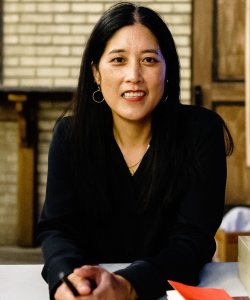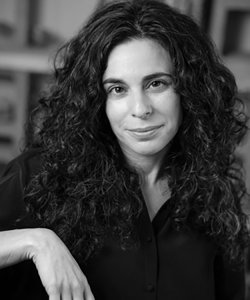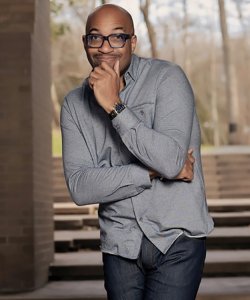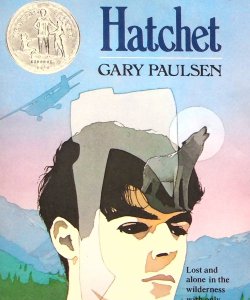Marvelous and Dangerous: A Q&A With Rachel Eliza Griffiths

In her new memoir, The Flower Bearers, Rachel Eliza Griffiths unpacks grief and hard-won survival with a poet’s touch, offering a narrative of raw vulnerability, strength, and resolve.
Jump to navigation Skip to content

In her new memoir, The Flower Bearers, Rachel Eliza Griffiths unpacks grief and hard-won survival with a poet’s touch, offering a narrative of raw vulnerability, strength, and resolve.

Oral historian Nyssa Chow considers the nested memories she belongs to, and invites readers to do the same.

Oral historian Nyssa Chow considers how small routines and rituals tell larger stories.

The author of Perennial Ceremony: Lessons and Gifts From a Dakota Garden considers the importance of paying careful attention in writing.

The author of With My Back to the World talks about the importance of staying true to who we are while allowing the writing to tell us where to go, and how she views her work as a mapping of her changing mind and perception.

The author of twelve books of fiction and nonfiction confronts the question every writer inevitably faces: Is my compulsion to tell the truth stronger than my fear of the consequences?

“Read more than you write.” —Robyn Schiff, author of Information Desk: An Epic

The author of The Museum of Human History discusses how the human mind and archetypal narratives informed her novel.

“Writing this book forced me to deal with, and face, some parts of my personality that haven’t served me.” —Kwame Alexander, author of Why Fathers Cry at Night: A Memoir in Love Poems, Recipes, Letters, and Remembrances

As a child the author idolized the sharp prose and arresting images of survival in Gary Paulsen’s young adult novels. Now, as an adult novelist, that love is complicated by questions of who gets to tell what stories—even as her admiration endures.